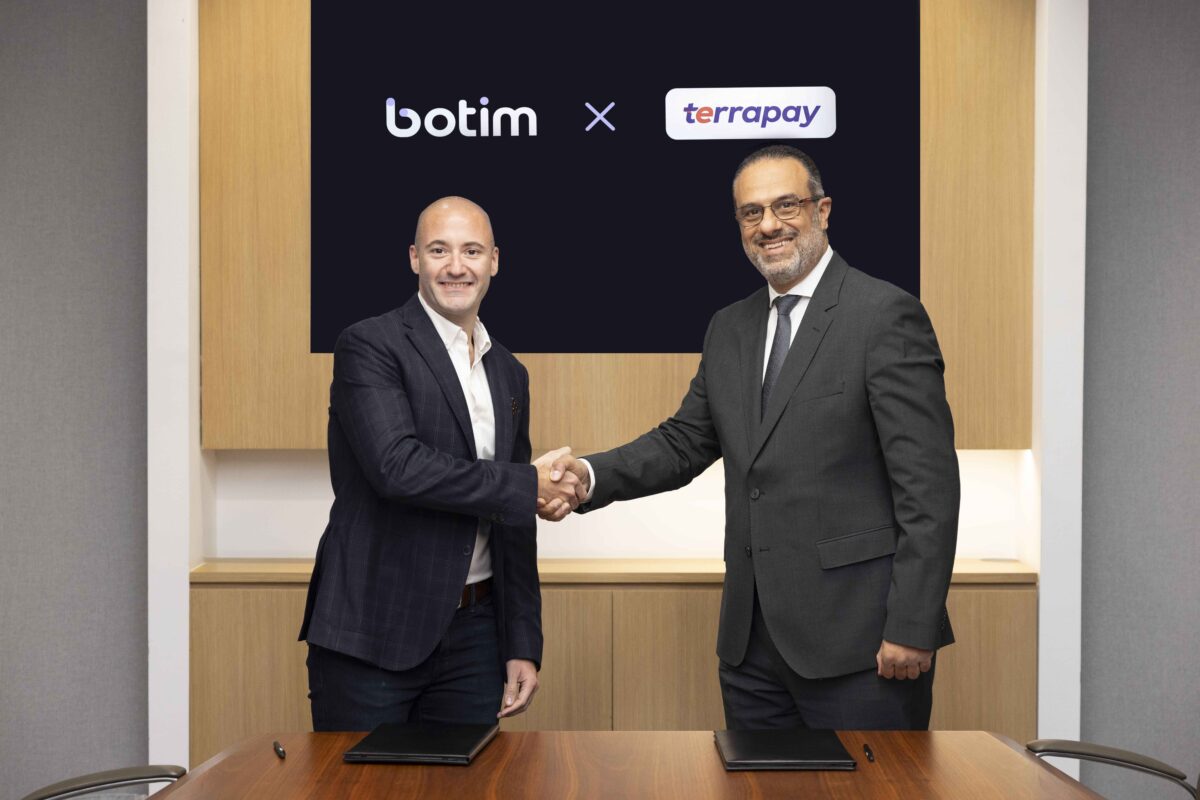Singapore-headquartered digital securities platform, ADDX, has fractionalised a Southeast Asia-focussed venture debt fund. Availability on the blockchain-enabled exchange democratises access to the strategy, by reducing the fund’s minimum subscription size from $5 million, to just $20,000.
The investment vehicle, Innoven SEA Fund I, is managed by Innoven Capital, a joint venture (JV) between Temasek subsidiary, Seviora, and Singapore-headquartered United Overseas Bank (UOB).
Anchored by an aggregate $50 million commitment from the JV, the fund is one of three country-specific strategies managed by the general partner (GP), Paul Ong, partner at Innoven Capital, told FinanceAsia. The others focus on India and China, respectively.
He explained that the fund provides venture debt funding to high-growth start-ups and technology companies headquartered in Southeast Asia. In terms of investment targets, the GP evaluates deals with a cumulative value of close to $150 million, and Ong expects the fund to make between 15 to 25 investments in total, with target commitment sizes ranging between $1-10million per investment. Committed investors include strategics and institutionals, he confirmed.
Venture debt is a form of debt financing for companies that are still dependent on venture capital funding to grow, the announcement explained. Loan sizes can go up to 30 percent of an equity round or cash in bank, and they are provided based on factors including the strength of the start-up’s shareholders, the quality of its management team, as well as the firm’s competitive advantage.
Notably, venture debt is less dilutive than equity financing, as it does not require owners to give up a portion of their respective stakes.
For those companies looking to defer their next equity fundraise for reasons including timing and market conditions, venture debt could be used as a tool to raise extra capital and extend cash runways between fundraising rounds, ADDX CEO, Oi-Yee Choo, told FA.
To date, the fund has invested in companies operating across Indonesia, Malaysia, Thailand and Singapore; and across industries including e-commerce, fintech, tech-enabled consumer, automotive and logistics, she confirmed.
“The fund invests in these companies via debt instruments, predicated on the amount of equity capital that they have raised and the strength of their venture capital investors. Through these debt instruments, the fund generates a steady fixed income return, but also obtains equity warrants in companies, which offer additional upside to the overall return,” she said.
Choo added that the underlying investments in a venture debt fund are generally tightly structured loans that are to be repaid within one to three years.
Start-up sweet spot
According to the release, venture debt deals account for approximately 25 percent of venture capital funding in the US, but this figure currently sits at less than 5 percent in Southeast Asia. However, both Choo and Ong see the Asian venture debt space as being poised to grow.
“In general, increasing interest rates and economic uncertainty have led to a sell-off in public markets, decreasing equity valuations and a pullback in venture capital funding globally this year. In Singapore, venture capital funding fell 30 percent in the first half of 2022, compared with the same period last year,” Choo noted.
“That said, with the start-up scene in the region gaining pace, there is room for exponential growth over the next 12 to 18 months.”
“The outlook for 2023 is positive for Southeast Asia. The decline in equity financing has put pressure on start-ups, who are contending with shortening runways and widening funding gaps. This makes debt financing more attractive,” she explained.
Ong concurred, adding that given the current macroeconomic conditions, in the near term, the appeal of venture debt will continue to draw interest. He told FA that Innoven Capital has seen heightened interest in fixed income and private credit this year, and his team believes this trend will continue into 2023.
“On the investor front, in a risk-off environment, and with a global slowdown in initial public offerings for the short to medium term, venture debt could become the sweet spot between growth and income,” Choo concluded.
¬ Haymarket Media Limited. All rights reserved.




































